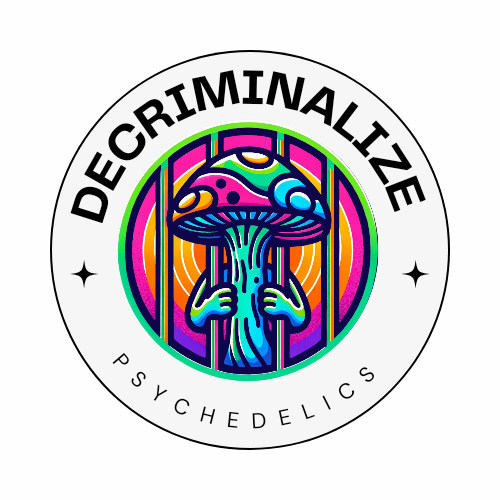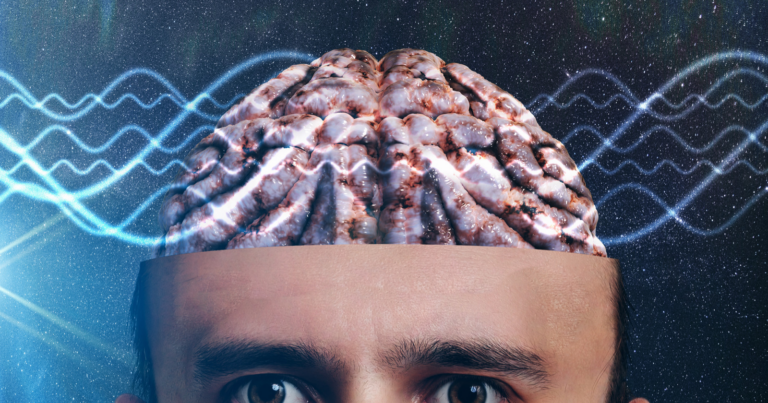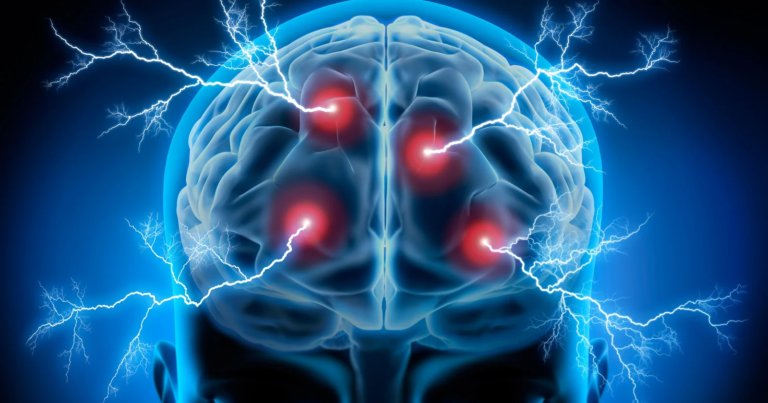Few subjects have experienced such a resurgence in interest as psychedelics.
From the hazy countercultural associations of the 1960s to cutting-edge labs and clinical trials today, the landscape of psychedelic research has undergone a remarkable transformation.
Psychedelic research is reshaping mental health treatment across the USA.
Here, we embark on a journey through the burgeoning field of psychedelic science, exploring the reasons behind its revival and the groundbreaking studies that are reshaping our understanding of mental health.
The Resurgence of Psychedelic Research: A Historical Perspective
The 20th-century witnessed both the rise and fall of psychedelic research. Initial investigations into substances like LSD and psilocybin showed promising therapeutic potential for various mental health conditions.
But amidst political backlash and societal stigma, this line of inquiry was abruptly halted.
It leaves many questions unanswered and opportunities untapped.
Breaking the Taboo: The Catalysts for Change
In recent years, a confluence of factors has reignited scientific curiosity in psychedelics.
Shifts in societal attitudes, coupled with advances in neuroscience and psychopharmacology, have paved the way for a reevaluation of these enigmatic substances.
The pressing need for innovative treatments for mental health disorders, such as depression, anxiety, and PTSD, has underscored the urgency of exploring alternative therapeutic modalities.
The Promise of Psychedelic-Assisted Therapy: Reshaping Mental Health Treatment
Central to the contemporary psychedelic renaissance is the revival of interest in psychedelic-assisted therapy. This is massively reshaping mental health treatment.
Contrary to conventional pharmacological approaches, which often focus on symptom management, psychedelic therapy aims to address the root causes of psychological distress by inducing profound alterations in consciousness.
Clinical trials have shown promising results, with psychedelics demonstrating efficacy in facilitating emotional breakthroughs, enhancing introspection, and promoting long-lasting psychological healing.
From Lab Bench to Bedside: Key Research Findings and Clinical Applications
The resurgence of psychedelic research has yielded a wealth of new insights into the mechanisms of action underlying these compounds’ therapeutic effects.
Studies have elucidated their interactions with neurotransmitter systems, such as serotonin and glutamate. These shed light on their profound impact on cognition, emotion, and perception.
Researchers have explored novel delivery methods, dosage regimens, and therapeutic protocols to optimize treatment outcomes and minimize adverse effects.
Navigating the Regulatory Landscape: Challenges and Opportunities
Despite the growing momentum behind psychedelic research, numerous regulatory hurdles persist.
The classification of psychedelics as Schedule I substances in many jurisdictions has impeded scientific inquiry and limited access to these compounds for therapeutic purposes.
However, recent shifts in policy, such as the FDA’s designation of breakthrough therapy status for psilocybin-assisted therapy for depression, signal a potential turning point in the regulatory landscape.
The Role of Psychedelic Integration: Harnessing the Power of Set and Setting
Integral to the psychedelic experience is the concept of ‘set and setting’.
This emphasizes the importance of mindset and environmental factors in shaping the therapeutic outcome. Psychedelic integration is a crucial component of therapeutic work with psychedelics. It serves as the bridge between the profound experiences during psychedelic sessions and everyday life.
Integration plays a crucial role in maximizing the therapeutic benefits and minimizing potential risks associated with these powerful substances.
The process involves assimilating the insights and emotional shifts encountered during psychedelic journeys into one’s daily practices and mindset, ensuring that the benefits have a lasting impact.
Proper integration is essential because the experiences facilitated by psychedelics can be deeply transformative and sometimes challenging to interpret or apply.
Working with a therapist
Therapists trained in psychedelic integration help individuals make sense of their experiences.
In enables people to work through difficult revelations, and implement strategies for sustained mental health improvement. Integration ensures that the therapeutic potential of psychedelics extends beyond the immediate effects of the drugs.
This promoting long-term psychological growth and stability.
Future Directions in Psychedelic Research
As we stand on the precipice of a new era in psychedelic science, the possibilities for innovation and discovery are boundless.
In other words, the field is ripe with opportunities for exploration and growth. We can harness the transformative power of psychedelics to revolutionize mental health care for generations to come.
That is, by fostering interdisciplinary collaboration, embracing rigorous scientific inquiry, and prioritizing ethical considerations.












